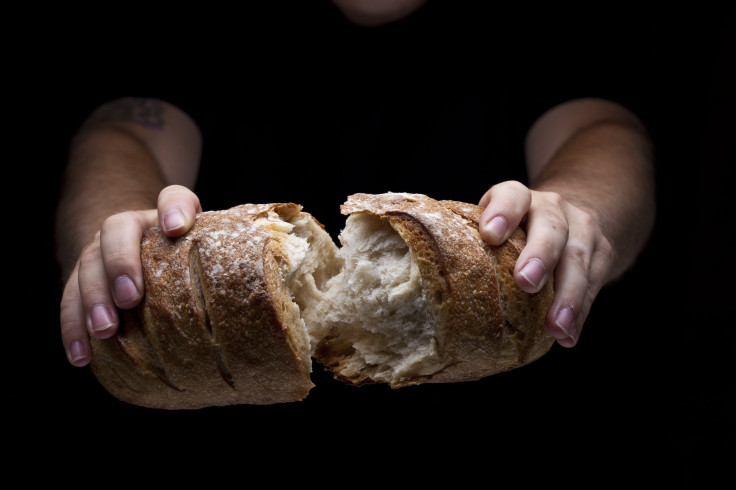Gluten Sensitivity That Isn't Celiac: Rigorous Study Finds Evidence For Sensitivity Without Disease

There’s been public debate as to whether or not gluten sensitivity is a real condition or just some sort of uniform delusion manifested in hypochondriacs and picky eaters. A viably testable condition that one in every hundred Americans does suffer from is celiac disease, an autoimmune condition that can destroy the small intestine if confronted with the wrong diet of the wheat protein known as gluten. In the shadow of celiac disease sufferers, however, is a smaller group of people with similar symptoms who do not test positive for the disease. So far, medicine has failed to conclusively identify the condition, known as non-celiac gluten sensitivity (NCGS), with a physical explanation — until now.
Gluten-free products have taken over large portions of the food market. In 2011, gluten-free food sales were at $7.3 billion, and by 2016, experts predict sales will more than double the total to $15.5 billion annually. There’s no denying the market is growing rapidly, but there’s been questions into whether or not avoiding gluten is actually a worthwhile health hazard.
Researchers at the National Institutes of Health studied 59 patients who weren’t diagnosed with celiac disease or a wheat allergy but believed gluten-containing food was causing them intestinal harm. Every day for one week they were randomly given less than 5 grams of gluten or a placebo of rice starch in pill form. After only one week, those who were taking the gluten pills reported a significant difference in symptoms compared to those who took non-gluten placebo pills. On top of intestinal pains, they felt abdominal bloating, a foggy mind, depression, and stomach ulcers.
They didn’t know if they were taking the gluten pill or the placebo, but their symptoms told all. Research estimates that there are 18 million Americans who have a gluten sensitivity, but their test indicates they don’t have celiac disease. The science on NCGS is ever-evolving because it’s become a rapidly diagnosed condition that’s largely existed below the radar, according to the National Foundation for Celiac Awareness.
Patients can be remedied with the correct balance of diet and caution, but once fed gluten, the symptoms resurface. Gluten-free advocates caution disbelievers to throw away their skepticism and muster up some sympathy for those who can’t test for celiac disease but are left struggling with strange and oftentimes painful symptoms.
Source: Corazza GR, Di Sabatino A, Volta U, Salvatore C, Biancheri P, and Caio G, et al. Small Amounts of Gluten in Subjects with Suspected Nonceliac Gluten Sensitivity: a Randomized, Double-Blind, Placebo-Controlled, Cross-Over Trial. National Institutes of Health. 2015.
Published by Medicaldaily.com



























